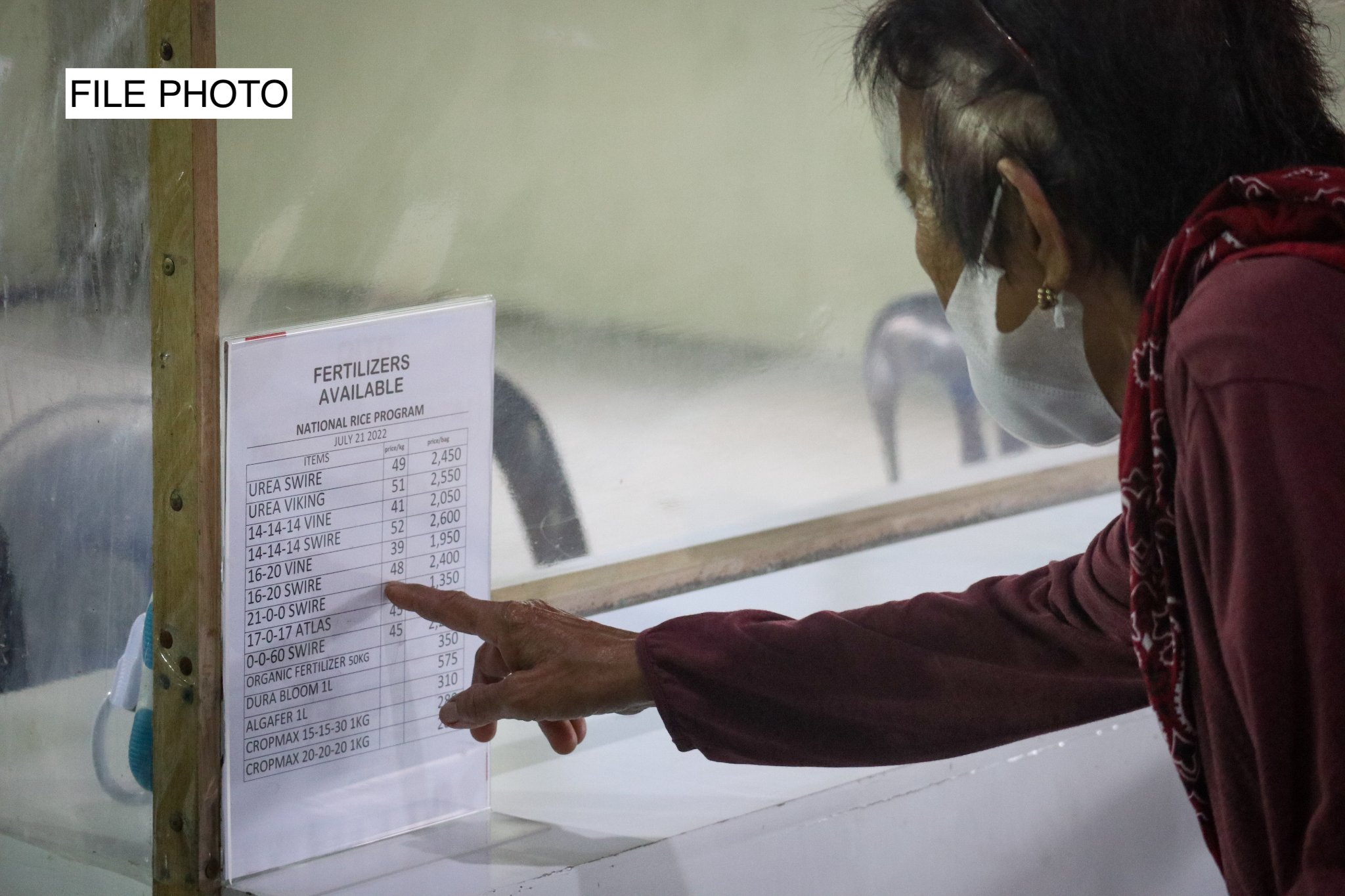
The voucher system under the National Rice Program is currently under review and set for major changes in the coming months.
This was disclosed by Agriculture Secretary Francisco Tiu Laurel, Jr. as he cited the need to fix the voucher system introduced by the National Rice Program to ensure government funds are fully utilized, farmers get full benefits, and rice production is substantially increased.
Under the program, the DA distributes vouchers to farmer beneficiaries that could be exchanged for farm inputs, including fertilizers and rice seeds at DA-accredited merchants.
The DA chief said many merchants refuse to honor vouchers because they haven’t been paid, with total payables reaching P892 million–some dating as far back as 2021.
The bulk of the arrears amounting to P849M are payables from the recently concluded 2023-2024 Dry Season implementation. Payment delays are often due to incomplete documentary requirements.
The DA, in partnership with the Development Bank of the Philippines (DBP), is pushing for new processes for settling accounts with accredited merchants. Improved rice seeds and the right amount of fertilizers, along with sufficient irrigation, contribute significantly to raising rice yields.
The DA also issued Memorandum Order 8, Series of 2024 to provide clearer guidelines in the implementation of programs and projects as indicated in the Special Provisions under the 2024 General Appropriations Act.
Sec. Tiu Laurel noted that the current voucher system has not addressed certain issues at the level of priority sectors and end users.
It is a major channel for DA’s distribution of the P22.9 billion budget this year for farm inputs, including hybrid rice seeds, organic and inorganic fertilizers as well as funds for the use of drone technology in rice cultivation.
Nearly P10 billion in inputs and assistance will be delivered to farmers via the voucher system. Other modes allowed under the General Appropriations Act (GAA) this year includes the use of intervention monitoring cards (IMC)—e-wallets used for distributing P5,000 assistance to farmers under the Rice Tariffication Law–and direct distribution of inputs that DA regional offices are authorized to procure from qualified suppliers.
The agri chief said changes to the voucher system, which may include secure physical vouchers that may not be duplicated and soon pilot-tested to ensure farmers get the inputs needed to maximize rice yield, increase grain supply towards self-sufficiency levels, and consequently, increase farmers’ income.
Sec. Tiu Laurel said the distribution mode that best suits rice farmers will be used by the DA. And that consideration—using what best suits farmers and the land they till—will be the standard used in choosing rice seeds as well, he said.
Determining which rice seeds are best for certain areas will be done through an exhaustive process of holding Hybrid Rice Derbies participated in by seed companies and agriculturists, the agri chief said.
“By doing this, we will not only increase farm output but optimize the use of post-harvest and milling facilities to reduce wastage. It will increase farm yield, boost financial returns for farmers, and substantially bolster supply that could eventually bring down food cost for consumers,” Sec. Tiu Laurel said.
In Vietnam, the agri chief noted, a single rice variety is cultivated in large tracts of land around a drying and milling facility to ensure the mill runs efficiently. Vietnam is a major rice exporter and the main source of rice for the Philippines.
“We cannot allow farmers to plant different types of rice seeds in areas around rice processing centers. Diverse rice varieties will make it impossible to process all of them efficiently,” Sec. Tiu Laurel said.
While some former agriculture officials insist on allowing rice farmers to choose what seeds to plant and inputs to use or, in extreme cases, give them leeway to use subsidies to achieve food security for something else, may not be the most prudent use of limited government resources, the agri chief noted.
He said those critical of the changes introduced in Memo Order No. 8 are obviously “grossly misinformed or are just sowing intrigue to protect their own interests.” ###













